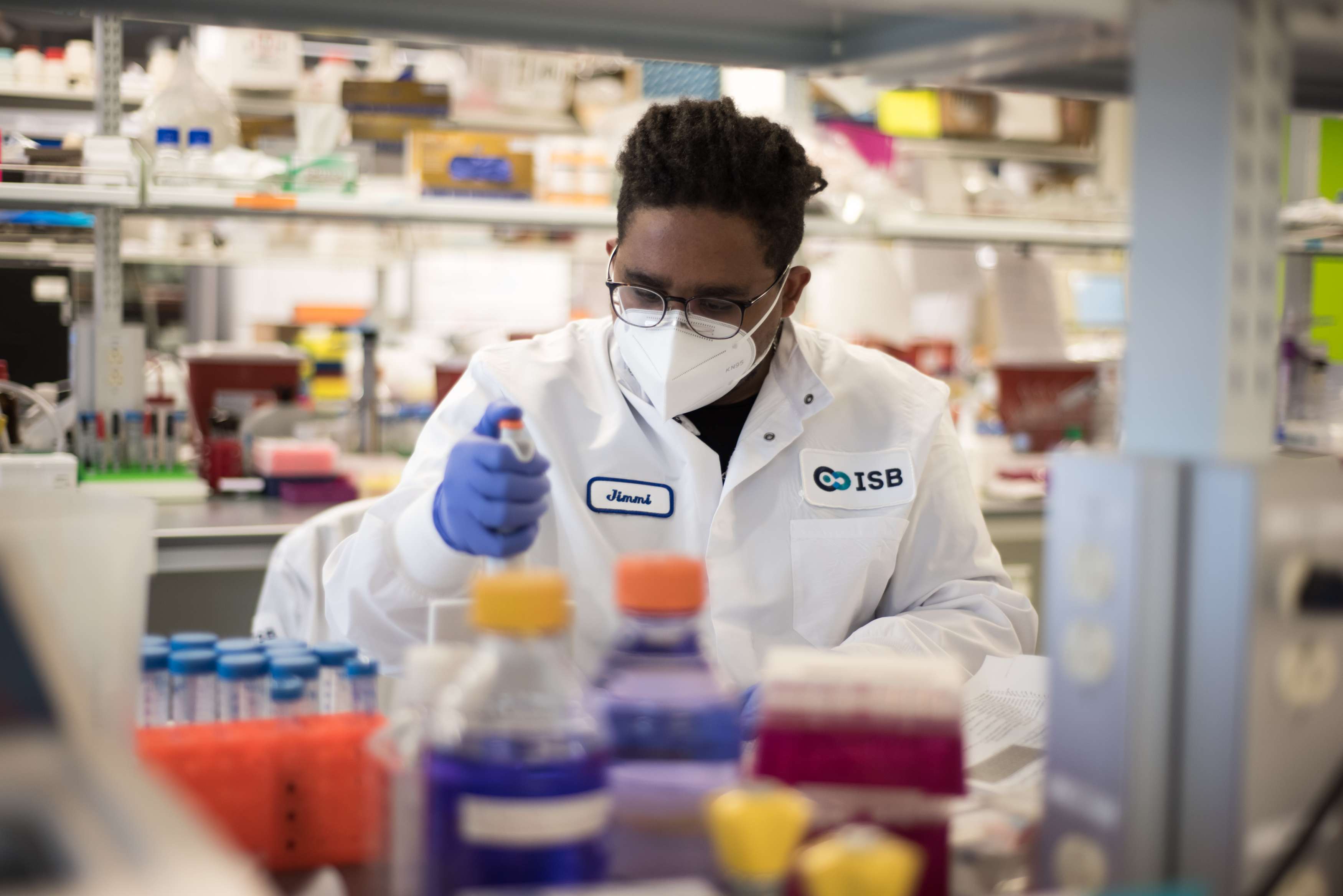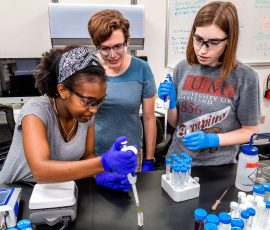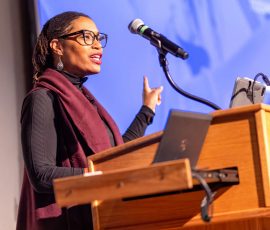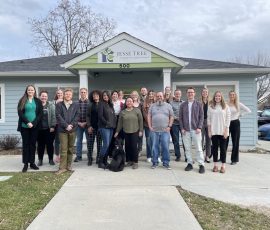
(Photo courtesy Victoria Uhl / ISB)
One of the most important elements in the work we do at the Murdock Trust is the relationships we build in the communities we serve. We have always understood that the people best suited to lead the work of serving our community are the people who live and work on the front lines of the issues and regions we want to support.
We know that the needs of the Native community of Alaska will differ from those of rural Montana which will differ from those of urban Seattle. We also know that our staff will not be as intimately familiar with the latest developments or needs in scientific research or healthcare or the foster care system as those who work in these spaces and sectors every day. By actively building relationships with those who do serve on the front lines of these communities, we can be confident in investing in the programs and projects that they recommend will serve the common good.
The value of these relationships was never more apparent than in the early days of the COVID-19 pandemic. As we moved through February 2020, it became more and more clear our region, our nation and the world faced more than just a common flu and significant investment would need to be made to support the diverse needs of our community on many fronts.
One of the first areas that we knew would need support was that of scientific research. Faced with a rapidly spreading deadly virus, we were inspired to see the collaborative spirt of the science community with many groups that typically focused on other areas of research pouring their brain power into ways they could potentially help the effort to develop vaccines, treatments, and diagnostic tests for the coronavirus.
Having collaborated with a number of the outstanding research institutions in our region for many years, our team felt confident reaching out to these organizations proactively to lend our support to the work they felt was most critical.
We were grateful to see that early investment play a small role in helping to move the needle for many of these organizations. For example. Dr. James Heath, president of the Institute for Systems Biology, shared that the ISB team had a COVID-19 research project in early stages of development. Funding from the Trust and other Northwest organizations helped provide the initial momentum and positioned ISB to then receive federal dollars to successfully pursue their work.
In one of the quickest research projects in ISB’s history, Heath and his co-researchers have published a study in the journal Cell showing that mild COVID-19 is very distinct from moderate to severe forms of the disease and suggesting that arresting infection at the stage of moderate severity may be most effective.
We have seen similar results with many of our partners, including Oregon Health and Science University, Oregon State University, Fred Hutch, University of Washington and many, many more. With light at the end of this unprecedented tunnel, we remain grateful that we have been able to play a small role in helping these vital works gain traction. And to the many organizations and individuals working in the field of scientific research to develop life saving tools and resources to help serve the common good, we say THANK YOU!








